These reflections are a result of more than 40 years of ministry as a Roman Catholic priest. Most of these years I spent in the Diocese of Charlotte which covers Western North Carolina. Now I am retired, and live in Medellín, Colombia where I continue to serve as a priest in the Archdiocese of Medellín.
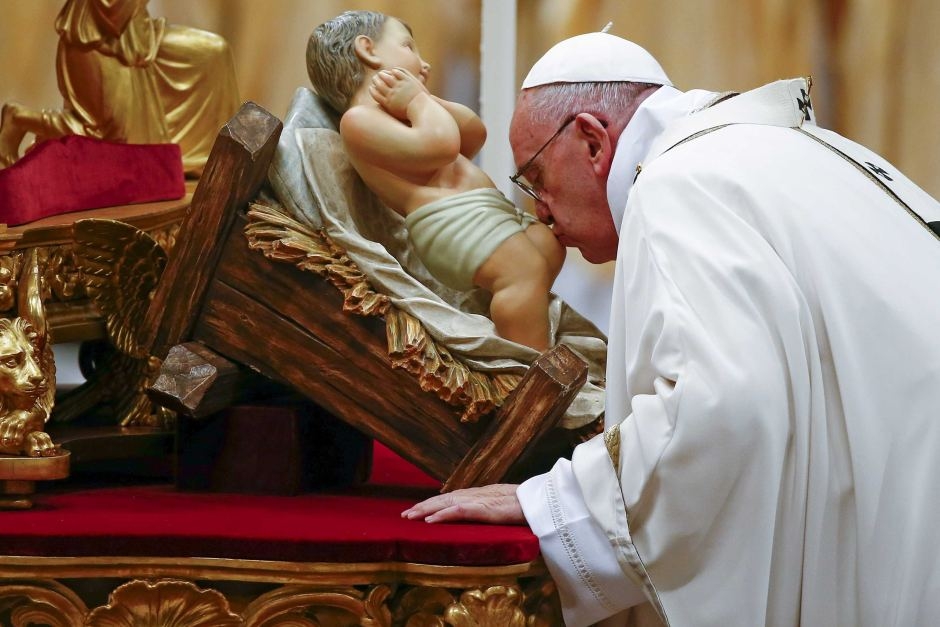
R. All the ends of the earth have seen the saving power of God.
Sing to the LORD a new song,
for he has done wondrous deeds;
His right hand has won victory for him,
his holy arm.
Sing joyfully to the LORD, all you lands;
break into song; sing praise.
R. All the ends of the earth have seen the saving power of God.
(Psalm 98)
What we are celebrating is God’s revelation to poor shepherds and to us. “Break into song, sing praise” is reflected in the wealth of church music for this special season. May our hearts be lifted up to “sing to the Lord a new song.”
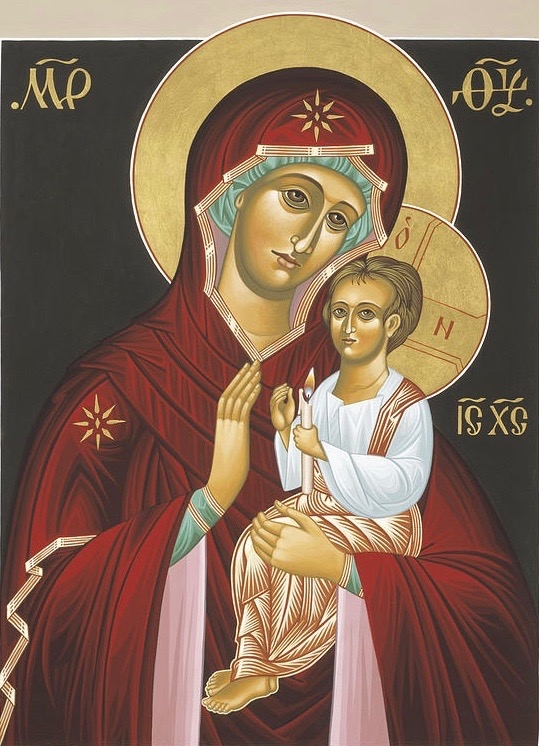
The LORD bless you and keep you!
The LORD let his face shine upon
you, and be gracious to you!
The LORD look upon you kindly and
give you peace!
(Num 6:22-27)
Today is the Octave Day of Christmas and one of the oldest feasts of the Virgin Mary. It is also New Year’s Day. What is interesting is the Aaronic Blessing from the Book of Numbers, invoking the Lord’s name over the people. What we normally hear as a Final Blessing at the end of Mass, makes a wonderful blessing for the beginning of this New Year 2021. And to all of you faithful readers, a blessed New Year 2021! The photo today is of the icon of the Mother of God, Light in All Darkness by Father William McNichols, SJ.
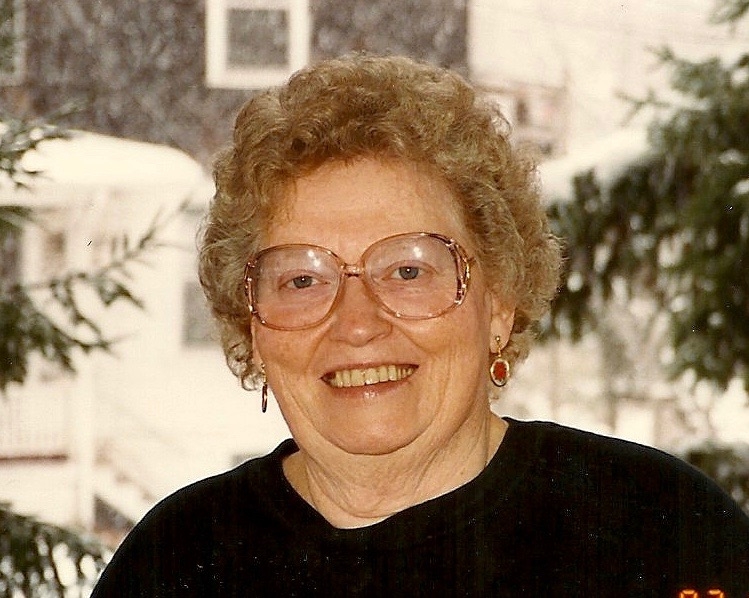
Children, it is the last hour.
(1 Jn 2:18-21)
In the beginning was the Word,
and the Word was with God,
and the Word was God.
(Jn 1:1-18)
You can’t say the Liturgy doesn’t have a sense of humor. Here on the last day of the year 2020, the Liturgy tells us it’s the “last hour.” But even more, on this last day of the year, the Liturgy gives us the “Last Gospel.” Most of us wouldn’t remember that the Prologue to the Fourth Gospel was read following the final blessing of low Mass. So we are told it is the “last hour” and we get the “Last Gospel” to close out 2020. The song today is Faltan 5 para las 12 (It's 5 Minutes to Midnight).
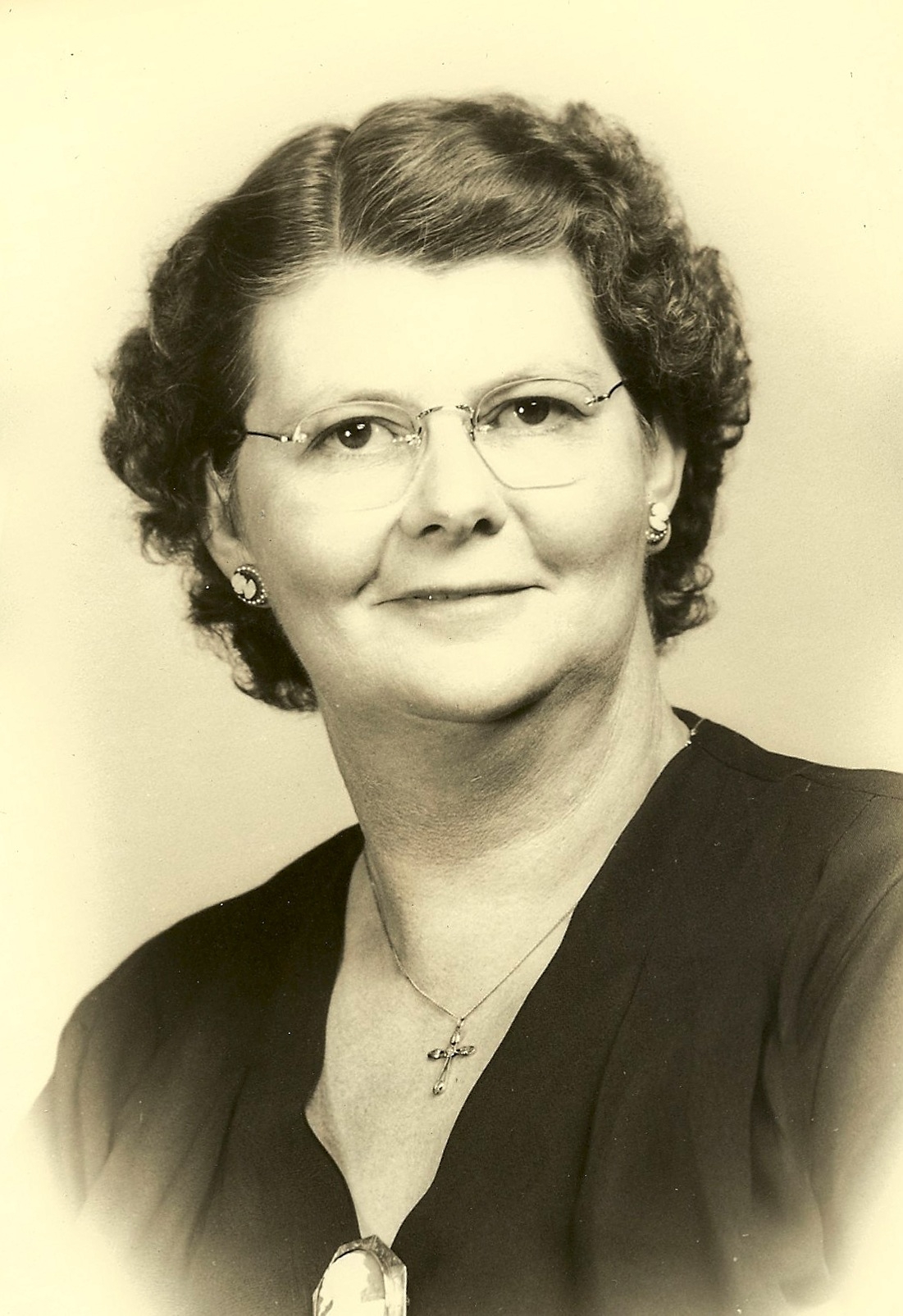
There was a prophetess, Anna,
the daughter of Phanuel, of the tribe of Asher.
She was advanced in years,
having lived seven years with her husband after her marriage,
and then as a widow until she was eighty-four.
She never left the temple,
but worshiped night and day with fasting and prayer.
And coming forward at that very time,
she gave thanks to God and spoke about the child
to all who were awaiting the redemption of Jerusalem.
(Lk 2:36-40)
The figure of the aged prophetess, Anna, reminds me of all the wonderful women of faith in my life, but especially I’m reminded of my grandmother, Nanny. Nanny always had a large pocketbook (as she called her purse). In her pocketbook she carried a miniature photo album: S.O.G.W.P.I.P. (Silly Old Grandma With Pictures In Purse). This little album was filled with small pictures of her progeny which she would pull out whenever people were talking about their grandchildren. It was long before cell phones and Facebook—but my grandmother was prepared to talk about her grandchildren to all who would listen and show pictures too!
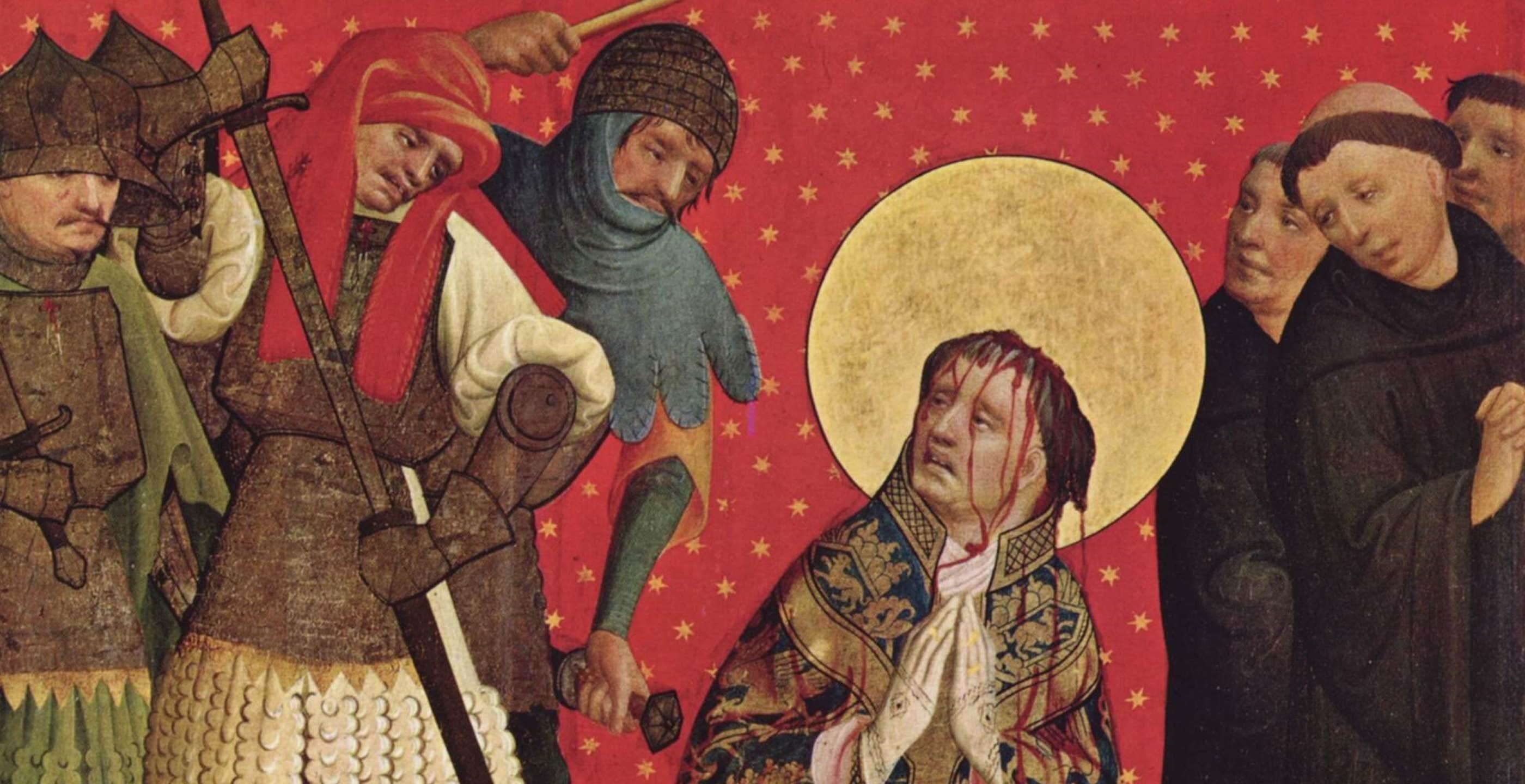
Beloved:
This is the way we may know that we are in union with him:
whoever claims to abide in him ought to walk just as he walked.
(1 Jn 2:3-11)
The Letters of John remind us of what it means to live in Christian Community. To walk as He walked is a wonderful description of discipleship and how we should treat one another. We are not forging a new path, we are simply following in His footsteps. Today is the feast of Saint Thomas Becket who followed the footsteps of Christ and gave his life for the Lord. The Christmas Carol today is from Colombia, Antón.



